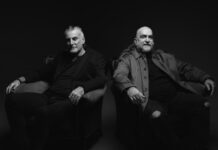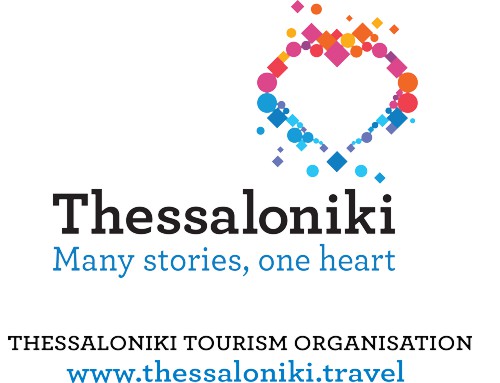Επιμέλεια συνέντευξης: Εύα Πετροπούλου Λιανού
Μετάφραση: Alexander Kabishev
Biography: Natalia Pekarzh is a Saint Petersburg storyteller, poet, translator. Was born on 03/15/1975. Her motto is simple about the complex, beautiful about the simple. A psychologist by education, Natalia is able to notice the subtle nuances of emotions and put them into words. She writes easily and figuratively. The heroes of her works have characters and are quite recognizable. Natalia does not limit her creativity to genres.
She is the author:
*reference book in the genre of popular psychology
* romance novels based on real events.
* translations of poetry from Vietnamese, Chinese, Kyrgyz and Serbian languages
* fairy-tale plays in verse for children and adults.
* song lyrics
* congratulatory poems, songs and scripts
* poetic performances
* poetry programs on the radio
Bright and charismatic Natalia, successfully performs and wins poetry contests and festivals. And she herself often turns out to be a member of the jury and provides creative prizes in the form of participation in radio programs and recording of melodeclamations.
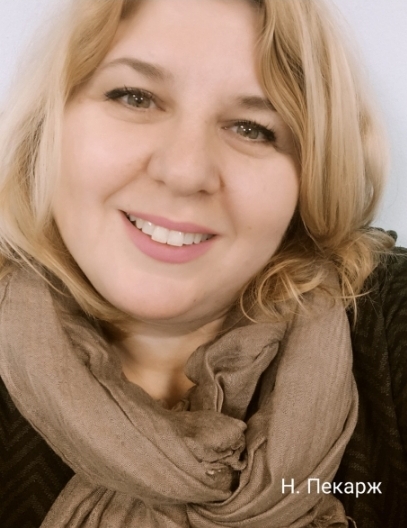
What inspired you to write? To whom or what were the first works dedicated? Mine was an actor and director of the theater at the Foundry. He died in the war, but it seems he was always with us. Grandmother, journalist, newspaper editor filled our lives with his spirit, memory and creativity. Therefore, it was natural for me to publish a school newspaper, write scripts for productions and act in them as a director. What did I write about? About what surrounded and worried at that moment. I managed scenes, dialogues, satire. And since it was the 80s, of course most of my early work was patriotic.
Do you have a favorite author? Why him/her? My favorite author is Mikhail Bulgakov. In a country sick with atheism, he was for me the person with whom it was possible to talk in a religious and mystical language. He answered me a lot of questions about human nature and eternal values. His novels are multifaceted, and his plays are multi-layered.
We know that you have been and are still translating poems by other authors. How did it all start? Which translations were the most memorable? Translations of foreign poetry burst into my life thanks to Alexander Kabishev and the Russian-Vietnamese collection “Dawn”. It turned out that the Internet helps to do the hitherto impossible – line-by-line translation. And with its help, it turns out to make an impression of the meaning laid down by the author. I really liked the process. It’s like a sacrament, a sacrament. Find a semantic line, unravel metaphors, guess the form of presentation and then assemble this puzzle in verse form. For the Dawn collection, I translated more than 50 poems and most of all I was touched by poems about the war. The Vietnamese are sensitive to their history and this is worthy of respect.
Which authors have you collaborated with, and from which languages have you had to translate? There are eleven Vietnamese authors, one Chinese, five Serbian and one poet from Kyrgyzstan in my translator’s piggy bank. And I must say that translating poetry from Slavic languages is much more difficult for me than from very distant ones. In such translations there is less space and you need to be as accurate as possible, keeping the size, type of rhyming, etc. So the Serbian language, understandable in many ways and without the help of an Internet translator, turned out to be the most difficult for me to translate. One of my poems has been translated into Serbian and it was done very carefully with the preservation of all my words and images. I am grateful to the Serbian translator and tried to respond in kind, preserving the author’s work as much as possible when translating.
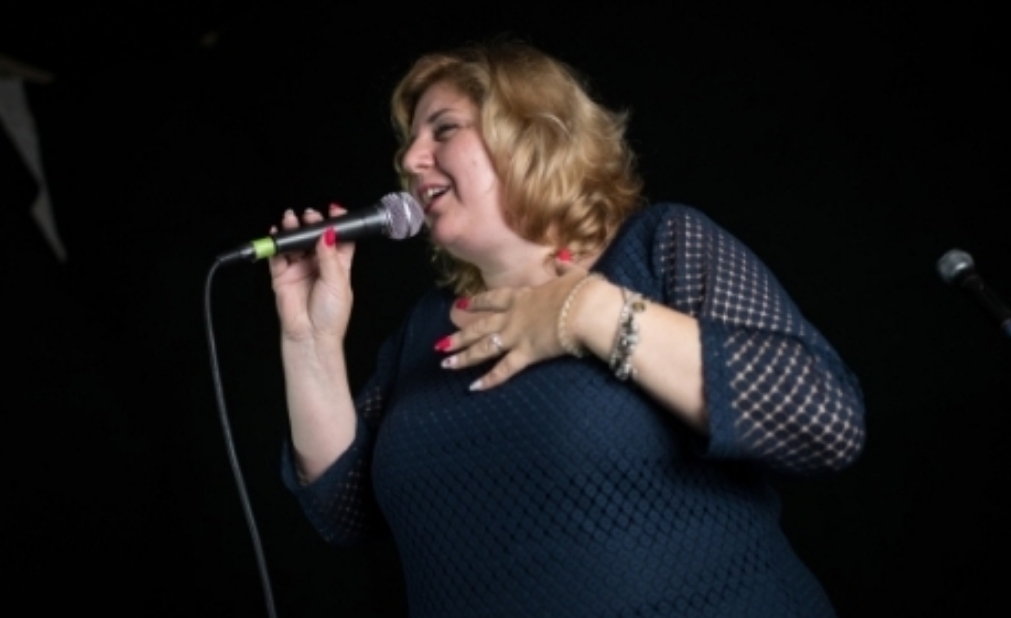
In your opinion, what are the similarities and differences in the poetry of different peoples? I cannot consider myself entitled to compare the poetry of different peoples professionally. But I can share my observations. Poetry is the language of images through which people talk about what is important to them. The Vietnamese poet, telling the story of a woman who came from the war, chooses a metaphor understandable in any corner of the world: a wedding dress forgotten in the closet, which was never worn… And there is a whole life behind this metaphor. Poetry always gives very interesting observations and pictures from which the reader himself draws conclusions. And the differences will probably be dictated by cultural peculiarities.
We know that you have another line of work – radio. How did it appear in your life, what kind of radio station is it and what kind of program do you host? I’ve loved radio since I was a kid. My appearance is not suitable for being an actress, but my voice is beautiful, bright and expressive. Therefore, radio is an ideal place for the realization of acting talents. I write plays in verse, they are staged by children’s theater groups all over the country, but I no longer participate in this. And I want to make my own productions. Therefore, my studio appeared in which radio performances are created. There were recordings and I began to look for radio stations that could broadcast them at home. So I got acquainted with several children’s radio stations and my fairy tales sounded on them. And then I began to invite poets and record with them the poetic program “PEKARZH-BURNS”. The topic turned out to be interesting, we were invited to several Internet radio stations, including the author’s radio of the composer Oleg Tikhonov – Tikhonov FM, where Oleg added his amazing music to the verses sounding on the air and a magical atmosphere appeared.
Now 100% more radio has been added to these broadcasts, where on Thursdays I conduct a two-hour musical and poetic program “KNOW OUR PEOPLE” and introduce listeners to the work of poets and musicians.
What can you say about the modern creative youth of St. Petersburg? St. Petersburg is a city with a creative air. Sighed and got infected. It seems to me that all the young people here are creative. It’s as natural as rain. They dance, sing, draw, write. And they rebel in all this, as young people should. I meet a lot of talented authors at performances. And of course, I would like to talk about the purity of the language… But you can close your eyes to it. The temporary will fall off, the eternal will remain. I do not so much share the age of the poets, as I highlight the light in their work. I like those who talk about exciting things and find ways out of the situation. Just complain, catching up with black clouds is not interesting. It is important for me that the poet flew over them on an airplane and saw the sun or blew them up with the wind or spread his hands. Anyway, the main thing is to find a way out, not to leave the reader at the peak of his pain. Life is different, it should be taken in all forms and help other people see the good.
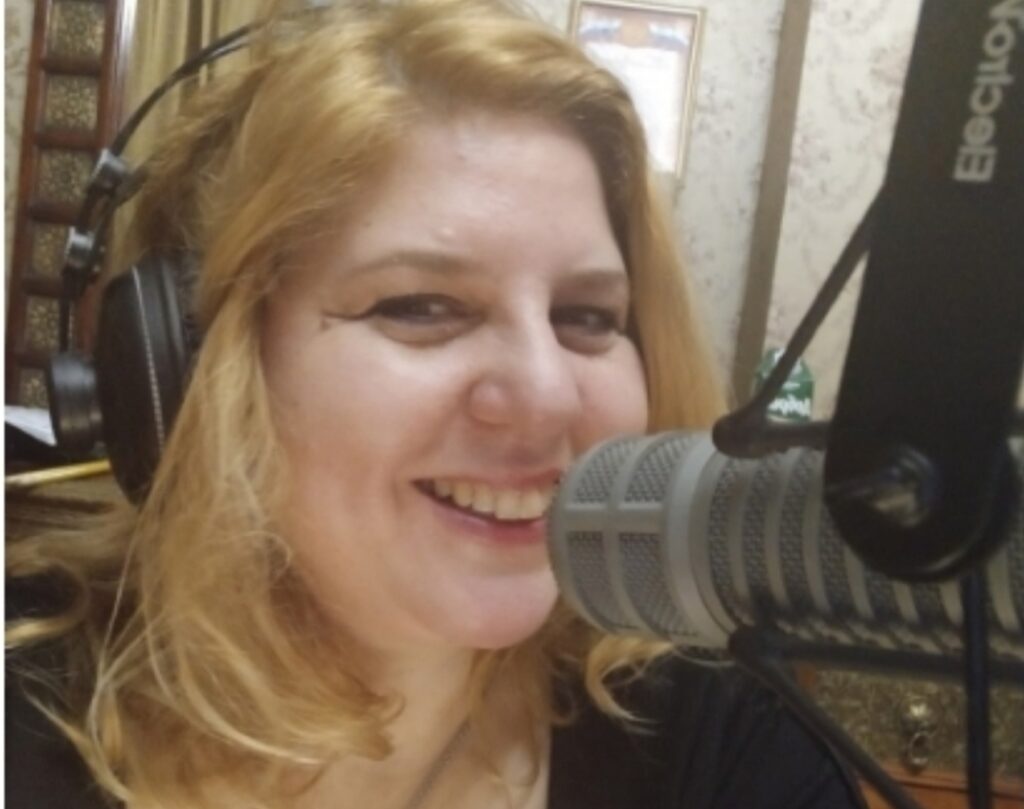
How do you see the future of your creativity and world literature in general? The world scale of literature is an abstract value for me. And the fact that my poems are translated into other languages is akin to a miracle. And talking about the future of my creativity is probably more understandable. Since I consider fairy tales for children to be the most important part of my creativity, of course, I would like them to be recognized in more cities and staged more often. There is a very important phrase for me: “children grow up on my fairy tales.” That is why in every line of my plays I put kind and bright thoughts, answers to questions about how to cope with difficulties, forgive, admit my mistakes, make friends. I am also currently preparing a musical and poetic performance “WAITING FOR YOU”, which tells the story of a love that overcame separation. I would like this performance to live its interesting life. It contains all my favorite poems about relationships. So he is the calling card of my lyrical creativity. It turns out that everything I say about the future of creativity has nothing to do with publications. Although, I do not abandon the idea of releasing a collection of plays and poems.
What would you like to wish your readers and fellow writers/poets in the coming 2023? I wish everyone joy. No matter how difficult it is, the talent to notice pleasant little things and enjoy them makes life truly happy. And in my fairy tales, heroes usually perform real miracles by helping their friends. I wish you to become wizards for your loved ones. It seems to me that this is the true happiness.







